Le Vin Papillon
2519 Notre-Dame Ouest
QC
Canada
Quebec is the largest province in Canada by land area and the second-largest administrative division after Nunavut. It is located in the eastern part of Canada and primarily French-speaking, being the only Canadian province whose population is mainly French Canadian. The capital, Quebec City, is one of the oldest cities in North America, and the largest city is Montreal.
Quebec's economy is highly industrialized and diversified. Industries like aerospace, information and communications technology, biotechnology, and the pharmaceutical industry play a significant role. The province also holds vast resources in its forests, mines, and energy production, including hydroelectricity.
Culturally, Quebec stands out due to its predominantly French influence, which contrasts with the mainly English-speaking areas in other regions of Canada. The province has developed its own particular culture, influenced by the indigenous peoples and the "Québécois," resulting in a unique and vibrant arts scene, particularly in music, film, and theater.
The province also has a rich history, dating back to the arrival of French explorers in the 16th century, which has left a lasting mark on its architecture and traditions. It has a variety of tourist attractions, from the striking landscapes of the Northern Lights in Nunavik to the historic and cultural draws of its cities. These include the famous Château Frontenac, the Montreal Botanical Garden, and the annual Winter Carnival in Quebec City.
Quebec's education and healthcare systems are highly regarded. It's also noted for its progressive values and high standard of living. Lastly, like the rest of Canada, it is known for its friendliness and warm hospitality.
 red
red
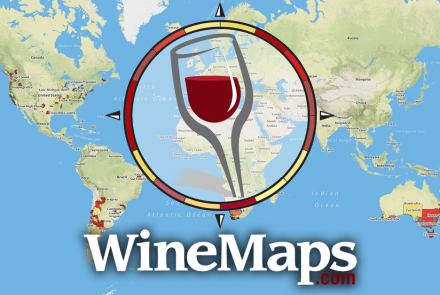 La Romance Du Vin
La Romance Du Vin
108 Chemin du Bas de la Riviere
Rigaud QC J0P 1 P0
Canada
2519 Notre-Dame Ouest
QC
Canada
 red
red
 Cidrerie Verger Leo Bouth
Cidrerie Verger Leo Bouth
710 rang de la Montagne
Mont-StGregoire QC
Canada
 red
red
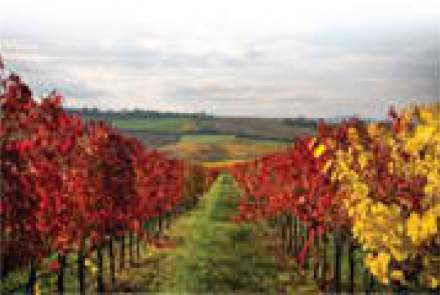 Vignoble Gagliano Vineyards
Vignoble Gagliano Vineyards
1046 Rue Bruce
Dunham QC J0E 1M0
Canada
 red
red
 Vignoble Les Murmures
Vignoble Les Murmures
2750 Chemin Noiseux
Saint-Jean Baptiste QC J0L 2B0
Canada
 red
red
 Chapelle Ste. Agnes Vineyard
Chapelle Ste. Agnes Vineyard
2565 Ch Scenic RR1
Sutton QC J0E 2K0
Canada
 red
red
 Clos Saint-Denis Winery And Orchard
Clos Saint-Denis Winery And Orchard
1150 Chemin Des Patriotes
St-DenisSur- Richelieu QC
Canada
 red
red
 Vignoble Les Petits Cailloux
Vignoble Les Petits Cailloux
625, Mountain Row
Saint-Paul-d'Abbotsford QC J0E1A0
Canada
 red
red
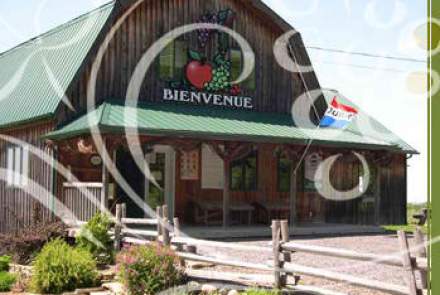 Vignoble Des Artisans Du Terroir
Vignoble Des Artisans Du Terroir
1150, rang de la Montagne
St. Paul d'Abbotsford QC J0E 1A0
Canada
 red
red
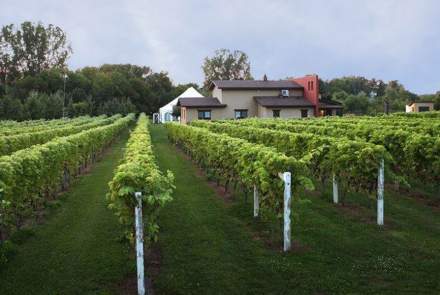 Vignoble Le Mernois
Vignoble Le Mernois
1101 rang Sud
St-Thomas de Joiliette QC J0K 3L0
Canada
 red
red
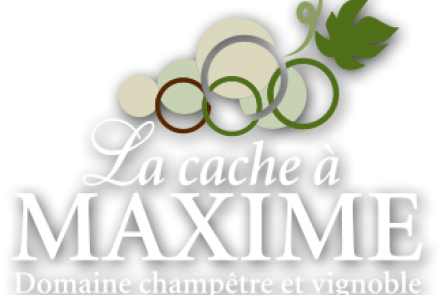 Vignoble La Cache A Maxime
Vignoble La Cache A Maxime
265 rue Drouin
Scott QC G0S 3G0
Canada
 red
red
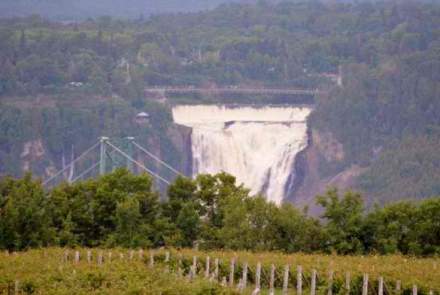 Vignoble De Sainte-pelronille
Vignoble De Sainte-pelronille
8705 Chemin Royal
Ste Petronille QC G0A 4C0
Canada
 red
red
 Domaine L'ange Gardien Vignobles Et Vergers
Domaine L'ange Gardien Vignobles Et Vergers
6869 Royale Ave
L'Ange-Gardien QC G0A 2K0
Canada